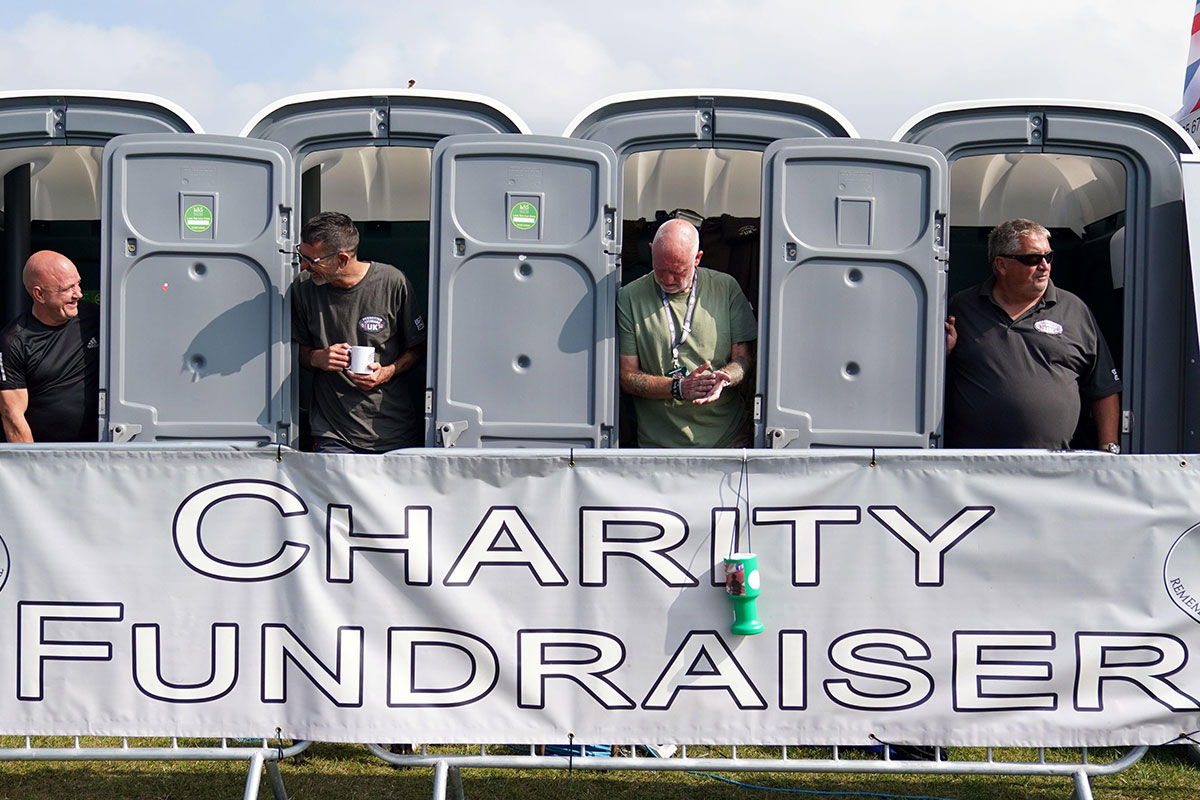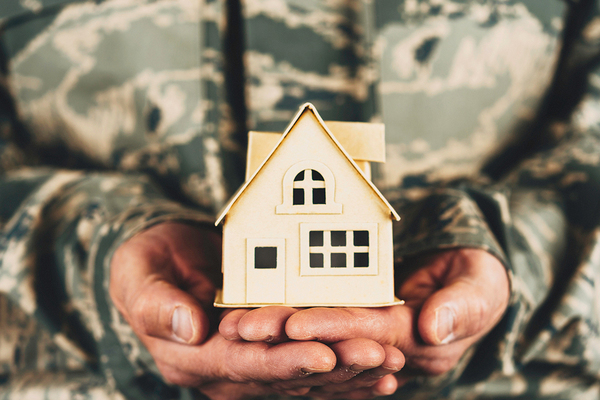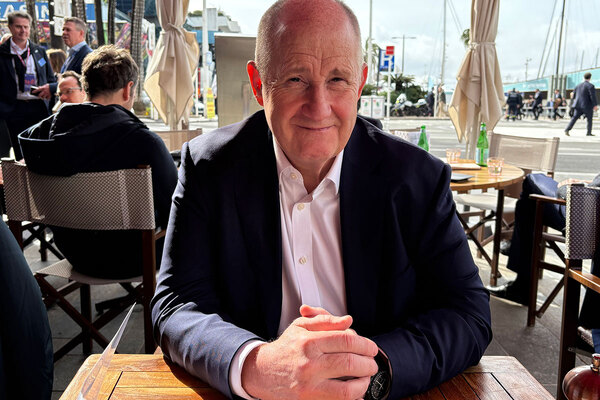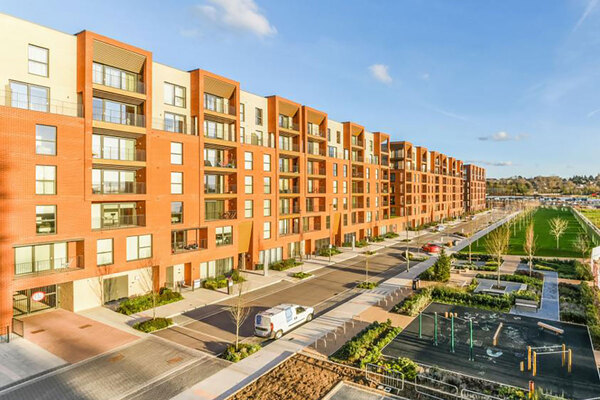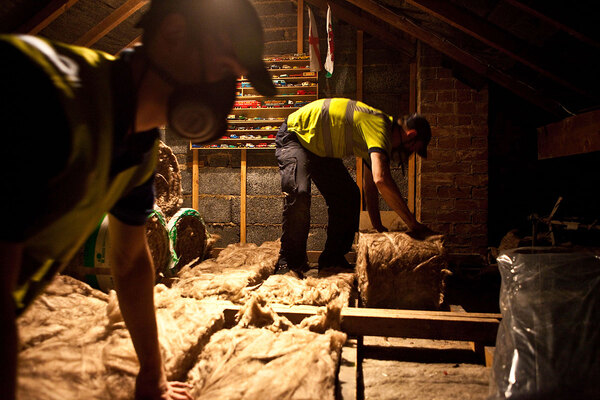
Lee is the Director of Operations for Riverside’s Care & Support, including their services for veterans, homelessness services, ...more
The local connection test is still preventing homeless veterans from accessing support and housing
If the government is serious about ending rough sleeping for Armed Forces veterans, it must fully exempt them from the local connection test to access housing, states Lee Buss-Blair
Two months ago, before the appointment of Liz Truss as prime minister, the government published its new Rough Sleeping Strategy.
This keenly awaited plan, entitled Ending Rough Sleeping for Good, contains some promising initiatives and a significant focus on homelessness prevention, which demonstrates that both Whitehall and Westminster have taken on board and implemented what they have been told by expert voices across the homelessness sector.
We particularly welcome the government’s commitment to end veteran rough sleeping by the end of this parliamentary term.
However, we continue to have concerns that gaps remain in effective interventions to achieve this.
The strategy revealed that 6% of UK nationals who responded to the rough sleeping questionnaire said they had served in the Armed Forces. This data proves something many people have suspected: veterans are overrepresented in the rough sleeping population.
A number of veteran specific interventions are referred to within the strategy, many of which have been in place for some time and continue to restrict the support veterans can receive to solve housing and homelessness issues.
We have concerns that these restrictions will prevent the government from achieving its ambitious target to end veteran rough sleeping by 2024. And additional actions will be needed.
Prevention is one area where some new initiatives for veterans are mentioned, specifically focusing on the service leavers of the future. But where does that leave veterans experiencing, or at risk of experiencing, homelessness today?
The strategy references that in 2012, the law was changed so that seriously injured, ill or disabled service personnel and veterans with urgent housing needs are given high priority access for social housing.
This priority access also applies in homelessness legislation: if a veteran is homeless and vulnerable as a result of their service, local authorities have a legal duty to provide temporary accommodation until suitable settled accommodation can be secured.
“Evidencing that a disability or vulnerability is ‘as a result of service’ is straightforward for veterans who have a physical injury. However, evidencing the psychological impact of service is difficult, if not near impossible”
The Allocation of Housing Regulations already sets out that councils cannot apply a ‘local connection’ test to veterans suffering from serious injury, illness or disability that is attributable to their service and who were serving at any time in the preceding five years.
Evidencing that a disability or vulnerability is “as a result of service” is straightforward for veterans who have a physical injury. However, evidencing the psychological impact of service is difficult, if not near impossible.
For veterans who cannot easily evidence that their vulnerability is as a direct result of service, the social housing local connection waiver is the most likely route to a settled home. However, this only applies for veterans within five years of leaving the forces. A similar waiver does not exist in the Homelessness Code of Guidance 2021, outside of disability attributable to service.
It is well recognised that veterans wait longer on average than others before asking for help. Veterans experiencing homelessness will often travel significant distances to access veteran-specific support that they feel comfortable accepting. It can be a number of years before they are ready to return to independent living.
However, the time-limited local connection tests that local authorities apply are potentially restricting access to social housing for veterans in the areas of Britain they wish to return to and the places which veterans define as ‘home’.
Data from Riverside demonstrates a wide variation in local authority acceptances for veterans. From June 2020 to February 2022, SPACES (Single Persons Accommodation Centre for the Ex Services) placed 501 veterans in accommodation. Just 26.3% of that accommodation was local authority accommodation.
To ensure that the Armed Forces covenant is upheld, we believe that the time limitations applied to the local connection test needs to be completely removed and that the Homelessness Code of Guidance should be updated to remove the local connection test for veterans completely.
The sections of the strategy that focus on intervention and recovery do not give any detail as to how veterans who are currently sleeping rough will be supported to move to independence.
“As a combat veteran myself, I know that we are spectacularly good at self-excluding ourselves from most mainstream services”
The strategy aims to ensure “every person sleeping rough receives the support they need to recover and move away from the streets long term, helping them back into a stable home and into work or training if they can”. But how does this apply to veterans?
I’ve worked in the homelessness sector for over 20 years and I know that a good-quality mainstream homelessness service can work effectively with a veteran. The golden thread that runs through both customer groups is trauma.
However, as a combat veteran myself, I know that we are spectacularly good at self-excluding ourselves from most mainstream services.
It has already been recognised that special treatment may be appropriate to overcome barriers to engagement. Veterans suffering a mental health crisis now receive specialist care as part of a new Op Courage service launched by NHS.
We are continuing to call for the same recognition to be given to veteran supported housing.
Only 2% of veteran supported housing in England is in receipt of government funding. As a result of this we are becoming significantly less able to house veterans with addictions, poor mental health, or disability.
Our concern is that in the absence of properly funded veteran supported housing, veterans with significant support needs experiencing homelessness will avoid accessing mainstream homelessness services and end up on the streets for elongated periods as a result.
If every person sleeping rough is to receive the support they need to recover and move away from the streets long term, then we need a properly funded veteran supported housing sector to achieve this.
Lee Buss-Blair, director of operations and veterans lead, Riverside
Sign up for our homelessness bulletin
Already have an account? Click here to manage your newsletters
